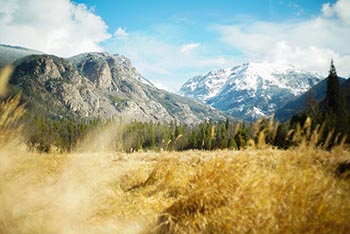This really hasn’t been a good month for Nivea, Dove or Harvey Weinstein but that’s a different matter.
In the wake of the national scandal that rocked beauty brand, Dove – after one of its commercials aimed to show that underneath the skin, all women are the intrinsically beautiful – backfired spectacularly, Africans and African Americans, still smarting from the tone-deaf commercial, turned their gaze on fellow beauty giant, Nivea, and the commercial for its campaign in Nigeria.
The commercial which had been running since May 2017 in many West African countries, featured former Nigerian beauty queen Omowunmi Akinnifesi, who falls mid-way between light skinned and dark skinned, in a badly edited commercial where an overdub narrator mouthed words that suggested lighter skin suddenly made Akinnifesi more ‘attractive’ and as such privilege to favours, all the while sporting one of the worst photoshop jobs you’ll ever see, to consecutively lighten her skin.
The ‘lighter’ she got, the more privilege she seemed to get from complete strangers.
Many people read this to mean a direct correlation with colorism and by extension slavery. It is a pretty straight forward line if you consider our history as Nigerians, and our continuing fascination with colonialism and our colonial ex-rulers. But in Nigeria, it never is that simple. For many Nigerian women, that Nivea advertisement and many others had nothing to do with colorism or hatred of their natural skin. On the contrary, one of the predominant reasons why ads like that continue to run and women continue to buy bleaching creams is desirability, pure and simple. Nigeria is predominantly a country where women have to engage in some of form of transactional intimacy to survive. Whether it is getting a job at a prestigious bank, or even getting a car to give you a lift, where you fall on a paper bag test can greatly determine how much privilege you enjoy. High yellow women and halfcaste women suffer the duality of being visible. Visibility is desirability and also attention, most of which is negative. But for the privilege of the attention of men, light skin often is worth the hassle.
The lower down the rung of privilege and opportunity a woman, the more likely she will eventually be forced to bleach or tone her skin to make a way for herself in the world. The men these women seem to attract when they transition from dark to high yellow don’t seem too preoccupied with whiteness either. The objective is light skin, not white skin. This is why even when women suffer chemical burns from bleaching creams and sport the tell-tale blackened knuckles, toe joints and knees, it doesn’t necessarily diminish their desirability in the eyes of the men they seek to court. Sure colourism might have exacerbated the scourge of skin lightening, but it would be naive it was something the White man brought with him when he came to Africa. Our deities suggest we have always held a fascination with the lightskinned, otherly woman, Olokun and Mami wata both have the lightskin and long hair we expect of high yellow women and are reverred for it.
For many of these women, bleaching is an act of survival, the same way an education is for others. It is just that bleaching creams are several hundred thousand naira cheaper and start to yield ‘dividends’ much quicker.
Read » [The Sexuality Blog] Nivea and Racism: Bleaching in Nigeria is never, ever cut and dried on YNaija
from YNaija http://ift.tt/2lb0BTn
via IFTTT



